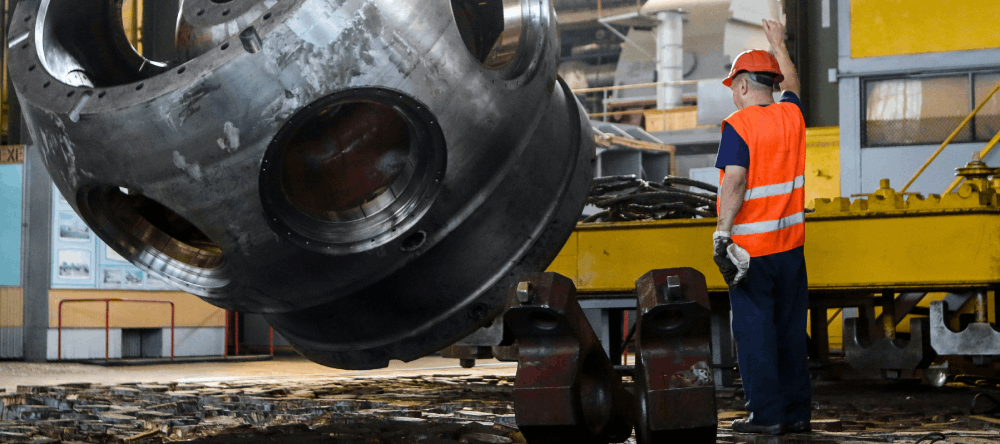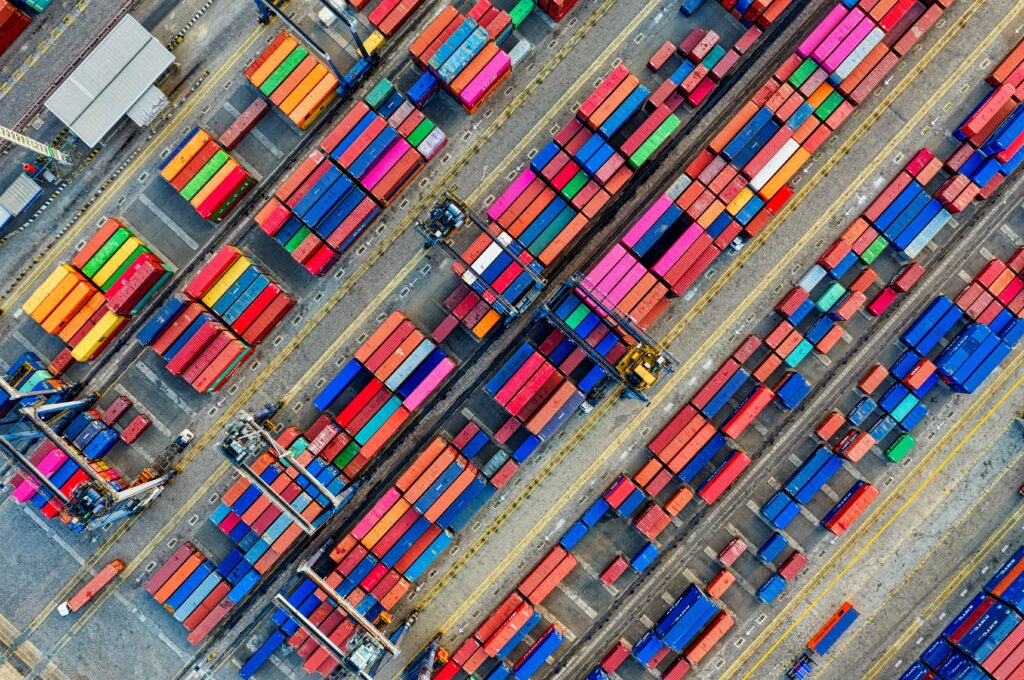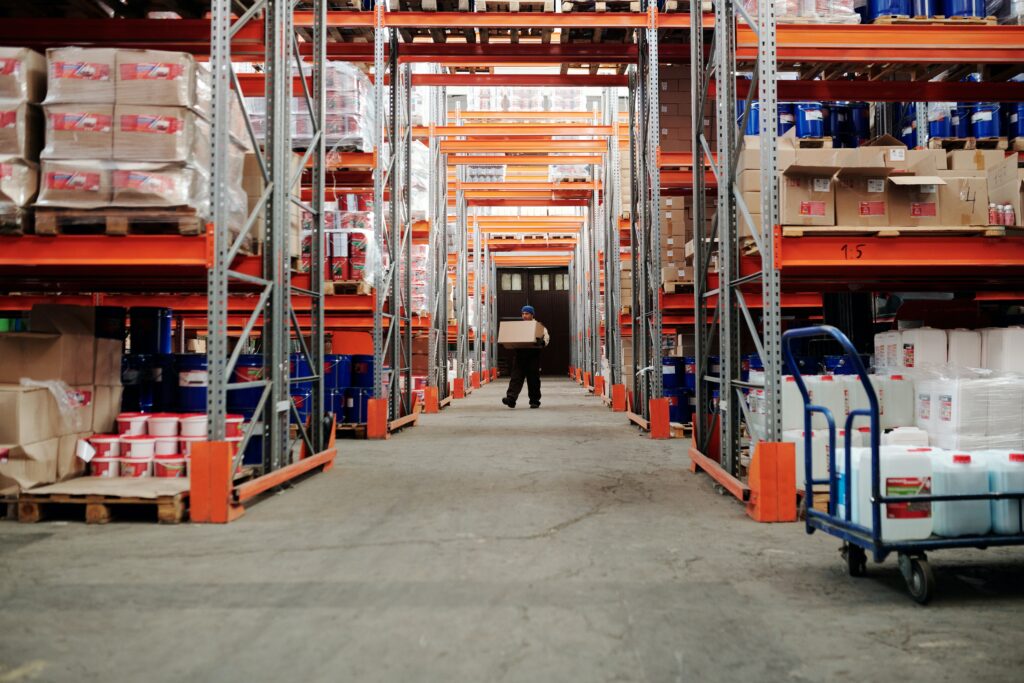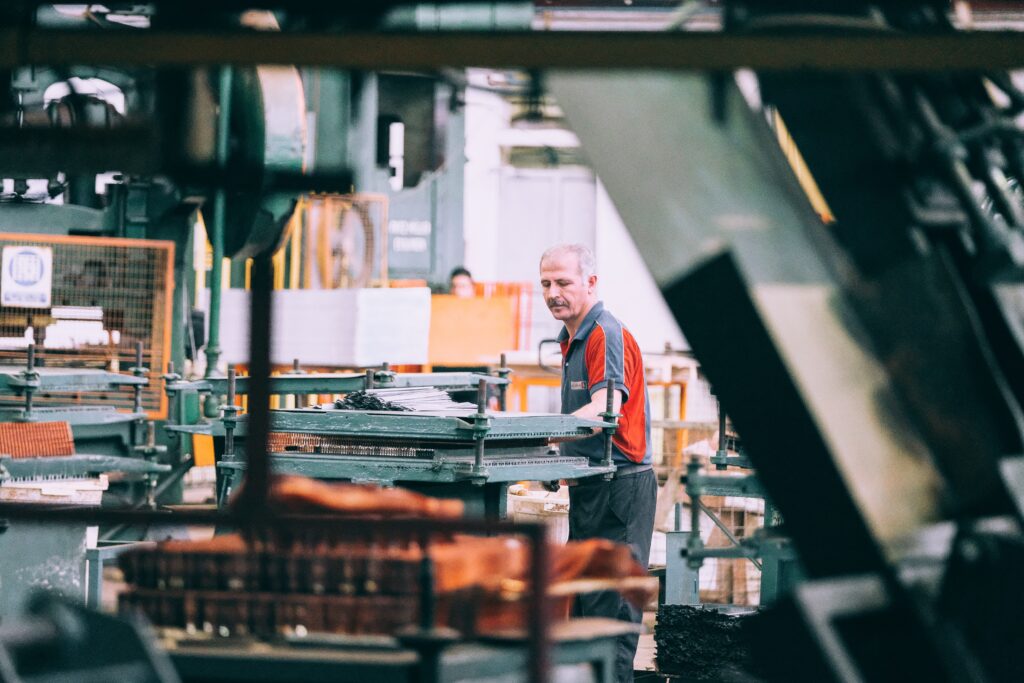The following article is a summary of the discussion of challenges facing SMEs as they work towards digitising their supply chains that was held at the last Future of Supply Chain Labs in November 2022.
Context
A diverse group of SMEs met in-person at Northern Design Centre and PROTO, Gateshead, in November, representing a range of sectors including heavy engineering, food & beverage, industrial equipment, and safety solutions.
Alongside presentations from Deloitte, Digital Catapult and EDGE Digital Manufacturing, attendees heard from Toby Bridges, Executive Chairman at NBT Group Ltd, about his experience of using digital in a traditional business. Toby was also on hand to take part in the group discussions and offer further insights and suggestions.
Common goals
Although every business was different, rationale for attending the workshop was similar across the board. Skills and realising potential cropped up most often:
- “Being self-taught in the possibilities of innovative technology makes it a struggle to educate the wider team.”
- “The need to change our business model to ensure we’re at the forefront.”
- I’ve seen the opportunities that digital innovation can bring, but want to hear how they can be leveraged.”
- “We’ve always been innovative but real-time reporting has fallen behind.”
The challenges
What were some of the supply chain challenges discussed on the day?
- SMEs want better visibility and engagement with their suppliers. Forecasting and data accuracy is a concern, and this can be particularly difficult for businesses managing seasonality in demand.
- Ongoing difficulties managing a mismatch in payment terms from customers, handling international transactions and the associated foreign exchange risks. Improved inventory management is a top priority.
- Shortage of data science skills and the ongoing difficulties attracting staff and competing for talent with larger organisations and the technology sector.
- Customers and regulators demanding a greater awareness of CO2 emissions as well as a desire to reduce energy usage and waste.
- Traceability and provenance of materials are becoming increasingly important themes in many sectors.
Data
It was agreed that attendees could be better utilising data to help mitigate the effects that seasonal fluctuation can bring, particularly regarding supply and demand sensing. What’s more, it’s imperative that this data is accurate as well as being used effectively.
Participants were introduced to several solutions to consider. The first was the use of Artificial Intelligence (AI) to predict events, from adverse weather to worker strikes, that could negatively impact supply chains. An example of this being run at present is Singular Intelligence’s work with Sainsbury’s through the Made Smarter Innovation project.
Another possibility discussed was utilising Augmented Reality (AR) headsets to order stock whilst on-site for a different location.
Leveraging existing tech (and people)
It simply isn’t viable for some SMEs to be always investing in the latest tech. Despite the availability of various grants and funding opportunities, there are often financial limitations. Investing in tech can also have a detrimental effect on personnel; it may be difficult to train up employees, especially if they are resistant to change or find people to hire with the right skills.
Participants were therefore encouraged to think about a combination of in-house quick wins alongside high-spec technology. An example is the use of low-code technology, such as Microsoft’s Power Automate, to streamline processes and free up personnel and financial resources. One SME described how they have used these tools to develop a supplier portal.
Another suggestion was to utilise the existing pool of younger talent, particularly students, to undertake paid projects to work on technical solutions.
Measuring scope 3
To be truly sustainable, it is no longer sufficient to measure Scope 1 and 2 (emissions directly and indirectly caused by a company). The supply chain must be measuring, and doing something about, Scope 3 emissions. These often account for the highest proportion of emissions but are notoriously hard to measure, due to the volume of suppliers and reliability of submitted data.
The solution raised to participants to consider was blockchain which, by improving traceability and security, could allow for more accurate data to be submitted.




